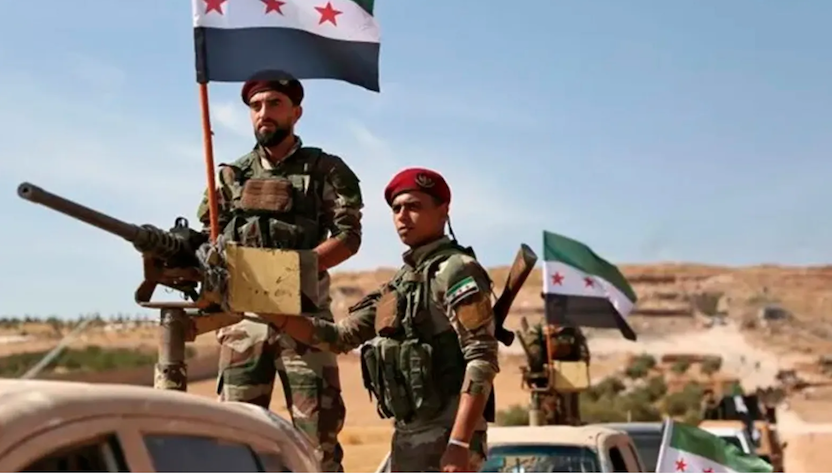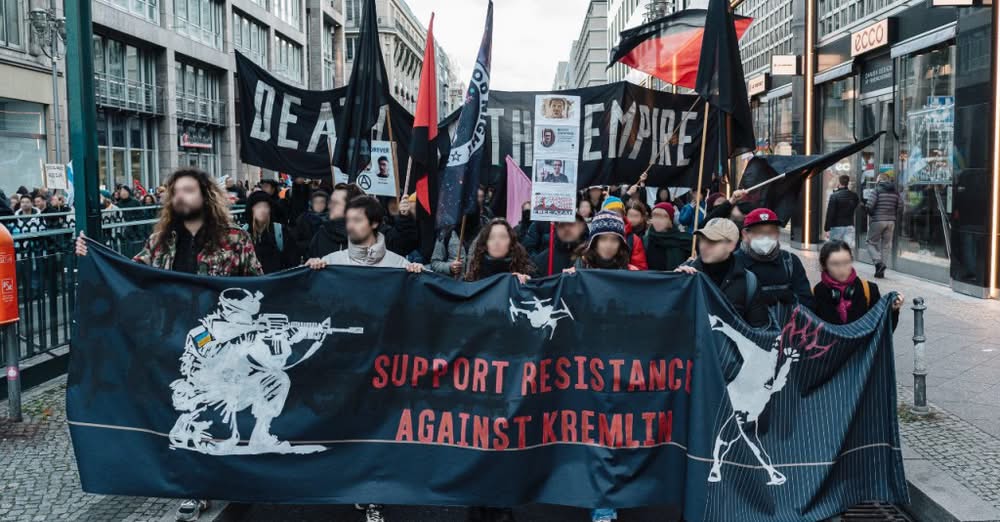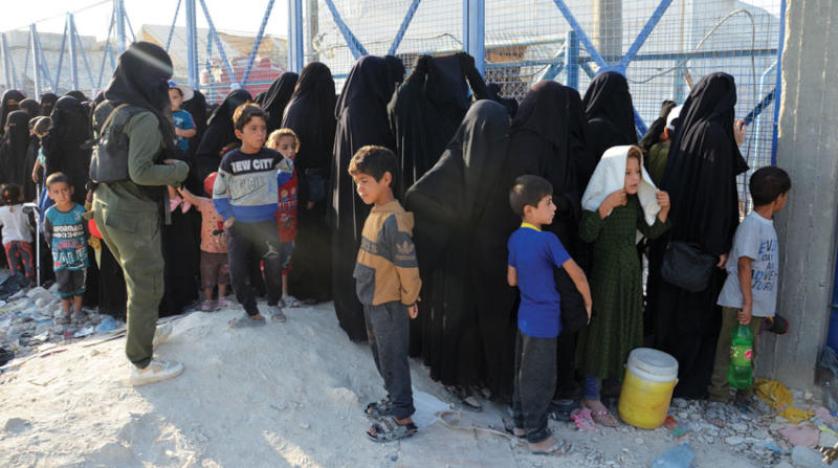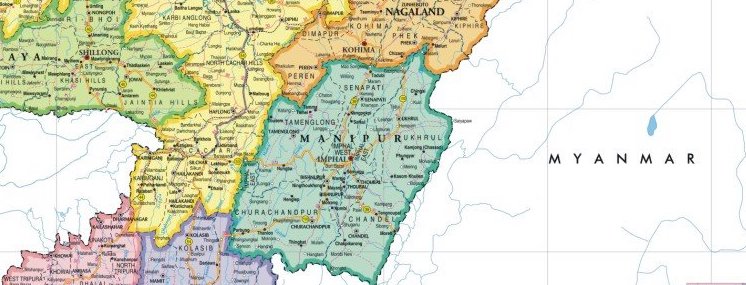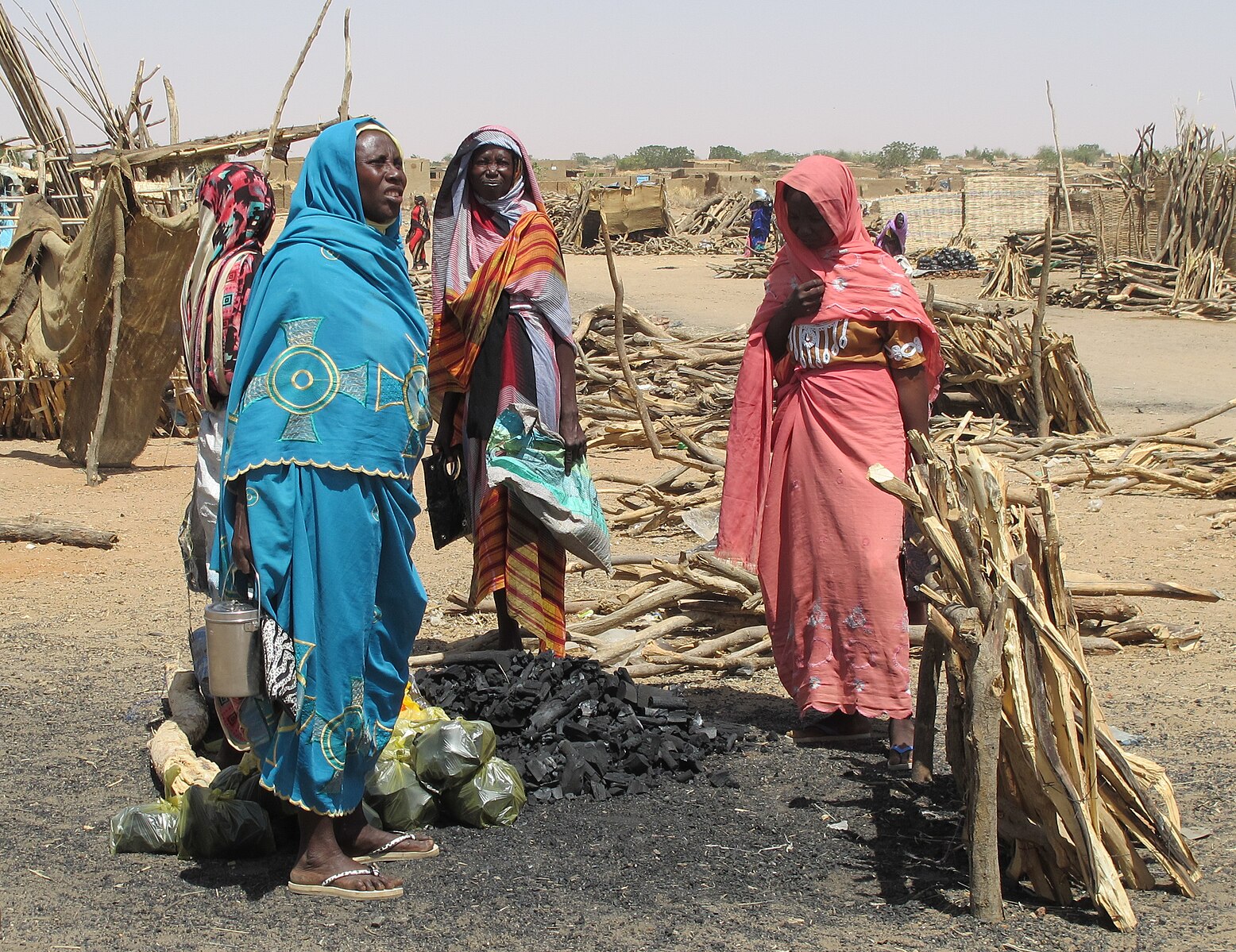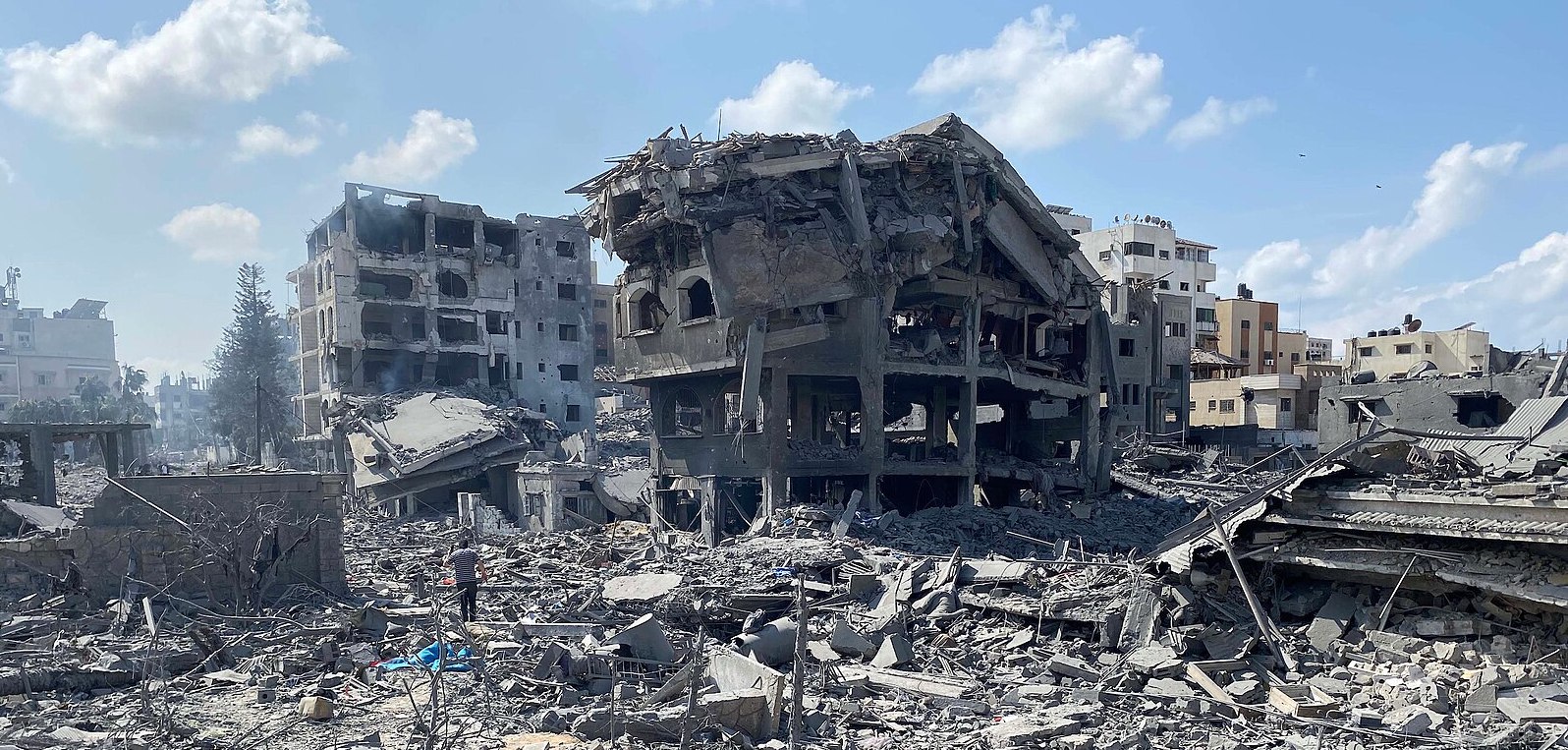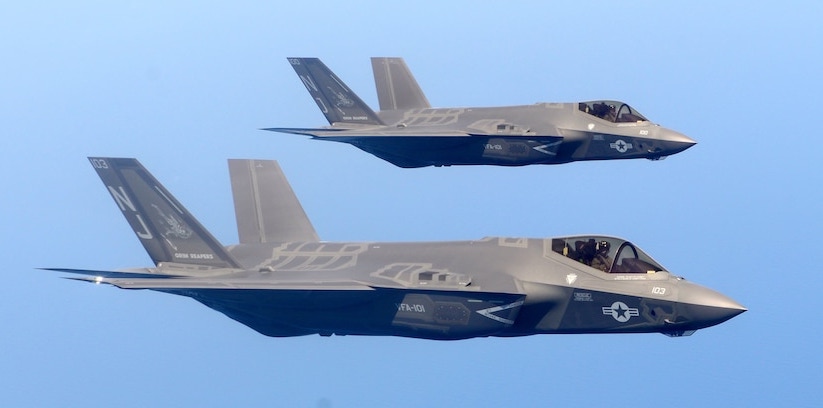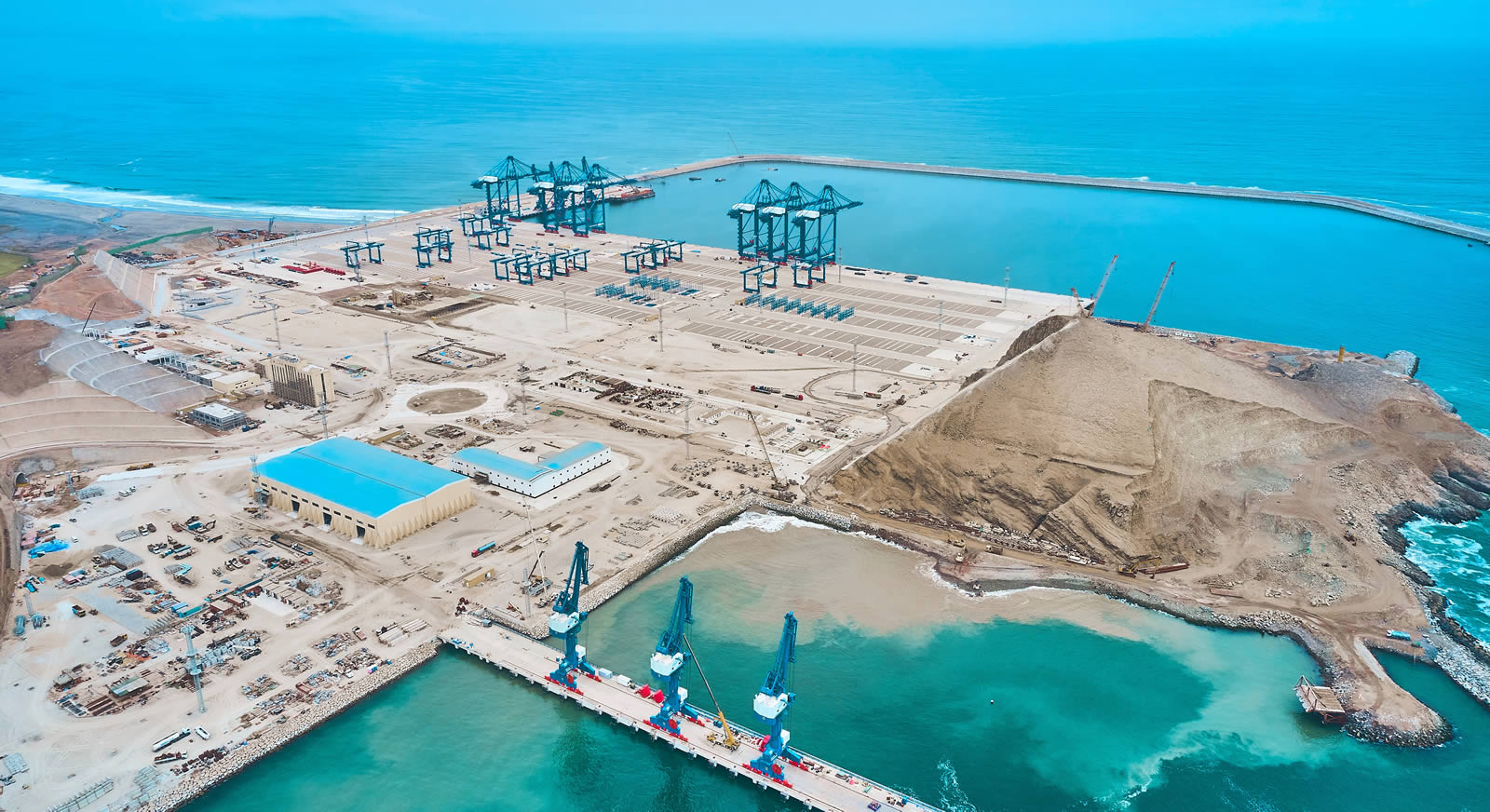
Podcast: nullify the election! III
In Episode 254 of the CounterVortex podcast, Bill Weinberg continues to make the case for mass pressure to demand nullification of the election—on the constitutional basis of the Insurrection Clause. Trump indisputably instigated an insurrection on Jan. 6, 2021, and the Supreme Court has ruled that invoking the Insurrection Clause to bar him from the presidency is the prerogative of Congress. And the Electoral College has the power to refuse to seat him on the same grounds. A candidate for county commissioner in New Mexico has already been barred from office on the basis of having participated in the Capitol insurrection—and MAGA congressional candidate Madison Cawthorn could also have been barred on that basis if he hadn’t been primaried out as the case over the matter was still pending before the courts. Leading Democrats like Rep. Jamie Raskin have spoken in support of such disqualifications—yet are mysteriously silent with the country now on the countdown to a fascist takeover. Furthermore, some cybersecurity experts are calling for a forensic audit of the election, citing evidence of software breaches and other irregularities. In Romania, where a Putin-favored right-wing populist has won the first-round vote in the presidential election, a recount has been ordered by the courts in response to a public outcry. And protests continue to mount in the Republic of Georgia, following a contested election in which a Putin-favored right-wing populist party cemented its majority. Why is everyone so quiet here in the United States, the seat of the empire, where the stakes are the highest? (Image: WTFA)



